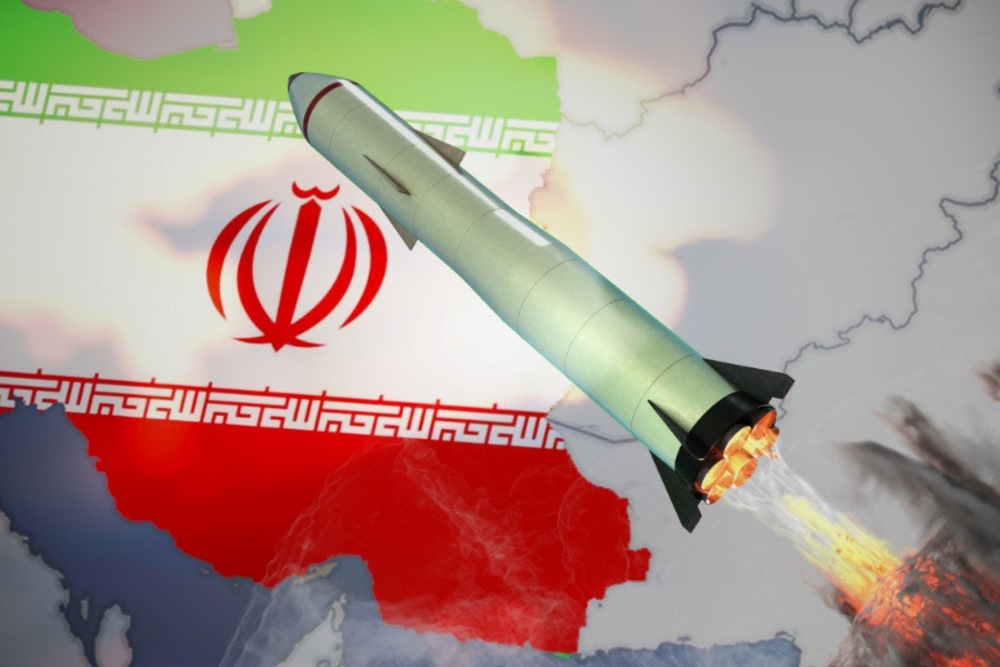
As Iran nears weapons-grade uranium enrichment, an Israeli attack on Tehran’s nuclear sites moves closer. But at what point will Israel’s leaders order the army to strike? The answer is trickier than it seems.
PM Netanyahu told world leaders in private talks that Israel’s red line is Iranian enrichment of 90% uranium, Israel Hayom reports. However, he did not specify the actions that Israel will take at that point.
The report cites a Western diplomat warning that Iran may have reached 87% enrichment by now. The IAEA has confirmed that Tehran already hit the 84% mark. A senior US official says that the Iranians can produce enough nuclear material for a bomb in 12 days if they want to. But will Iran do it?
IDF operations chief Oded Bassiuk told the INSS think tank today that Israel may be nearing “money time” but is not there yet. Defense officials predicted earlier that Iran will test the world’s reaction by moving close to 90%. But getting there is a different matter.
The Iranians will take an extraordinary risk by openly breaking out toward a bomb. They will almost certainly face a strong Western reaction including serious sanctions, and possibly trigger an Israeli strike.
Iran’s worst fear
Tehran’s worst fear is that the United States will join Israel in a military assault, or supply Jerusalem with powerful weapons and logistical support to make a strike more effective. All this could happen while Iran would still not have an actual nuclear bomb as deterrence.
And here’s the key point: Even if Iran does break out toward a nuclear weapon, it still needs to build one after it obtains enough 90% uranium. Israel estimates that it would take Tehran up to two years to produce a nuclear bomb that can be delivered.
Israel’s likely trigger for a military assault lies somewhere along that two-year timeline. The Air Force is already at a high state of readiness.
If Iran does enrich weapons-grade 90% uranium, Israel will probably not strike immediately. First, it will wait to see the world’s reaction and whether the US takes strong action. Mossad could also take stronger action to disrupt Tehran’s plans. The military option will be a last resort if all else fails.
If the world does not act forcefully enough and Iran continues to race toward a bomb, Israel will then have to act alone. But at that point it will probably receive more US support than it would right now. In short, it makes sense for Israel to wait a little more.
Ultimately, Israel’s leaders will make a decision to strike in closed rooms with the media far away. The army will then urgently accelerate preparations for an attack and a subsequent war. This will be done behind a veil of secrecy, but some indications could leak such as unusual military movements.
We are not there yet, but we are getting closer.


